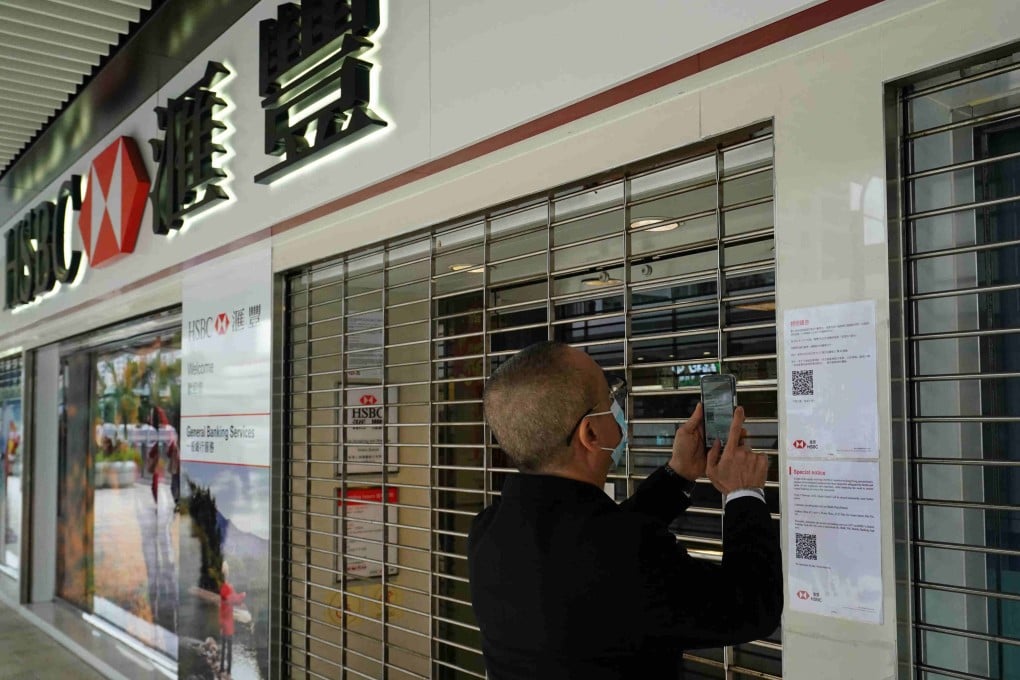Advertisement
HSBC, XPeng drag Hang Seng to 2-year low on lockdown, weak car sales while Ukraine war stokes inflation concerns
- HSBC, Sun Hung Kai Properties led index losers as Hong Kong lockdown looms; XPeng and EV makers weakened on poor sales
- A surge in oil prices could reignite global inflation, choking economic recovery; Rusal sank 26 per cent amid sanctions on Russian entities
Reading Time:2 minutes
Why you can trust SCMP
1

Hong Kong stocks fell back to the lowest level in two years as lockdown worries and weak auto sales in mainland China knocked confidence. A surge in commodity prices heightened concerns inflation will choke economic recovery.
The Hang Seng Index slumped 1.8 per cent to 22,343.92 at the close of Wednesday trading. The Tech Index sank 2.7 per cent, while the Shanghai Composite Index dropped 0.1 per cent.
Sunny Optical, Xinyi Glass and HSBC retreated more than 6 per cent, pacing benchmark index losers. Hong Kong’s top developers like Sun Hung Kai Properties, New World and CK Asset slipped amid worries about a citywide lockdown.
Advertisement
XPeng lost 5 per cent after Chinese electric-vehicle makers reported lacklustre sales in February, likely due to the Lunar New Year holiday. BYD lost 0.5 per cent and Geely Auto slid 1.9 per cent.
The Ukraine war fanned commodity prices, with crude oil futures topping US$100 a barrel the first time since 2014, They reached US$110.46 in Asian trading on Wednesday. Gold advanced 2.3 per cent to a one-year high of US$1,943.80 an ounce. Russia said it was “too early to assess” the results of Monday’s peace talks.
Advertisement
Advertisement
Select Voice
Select Speed
1.00x